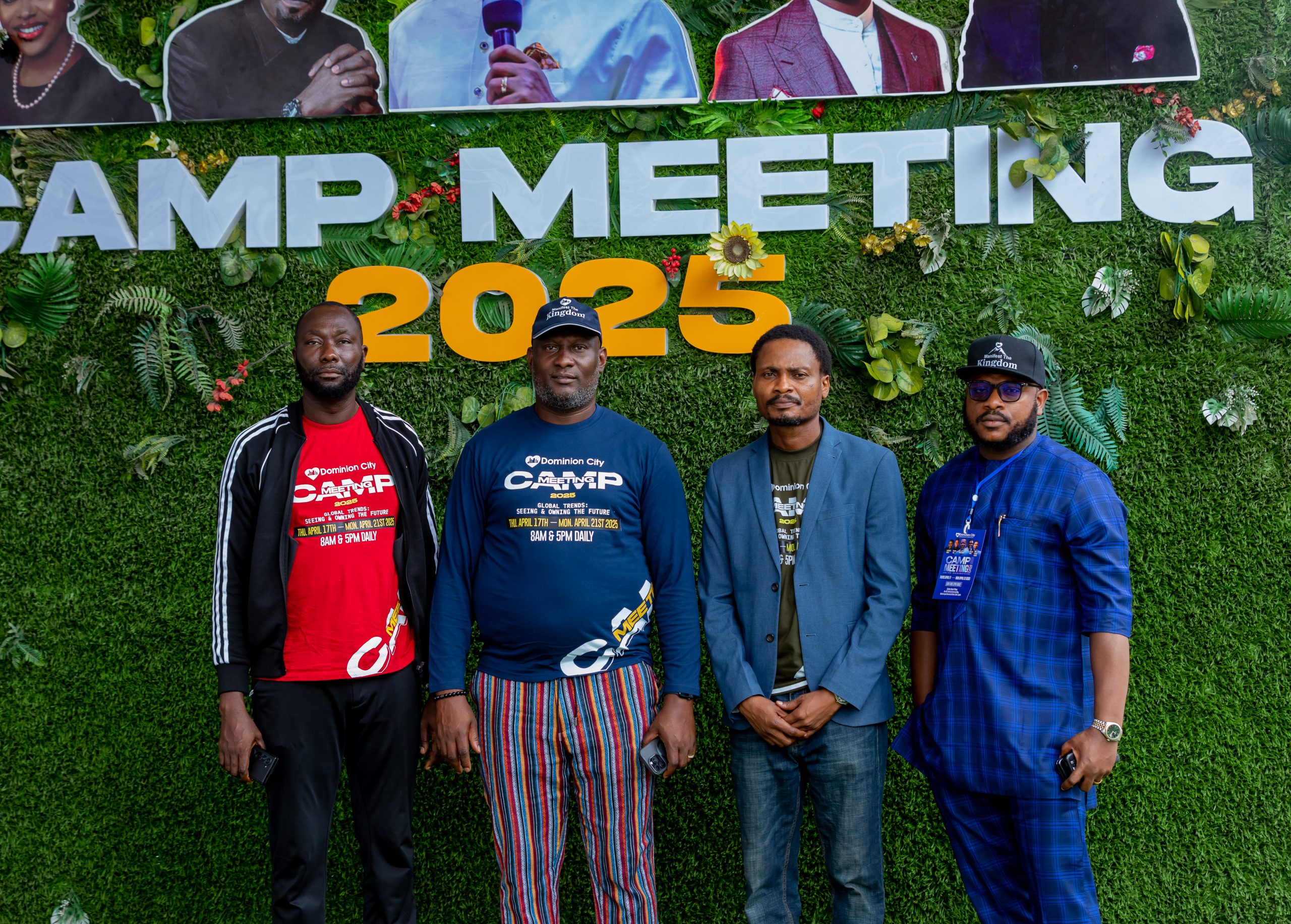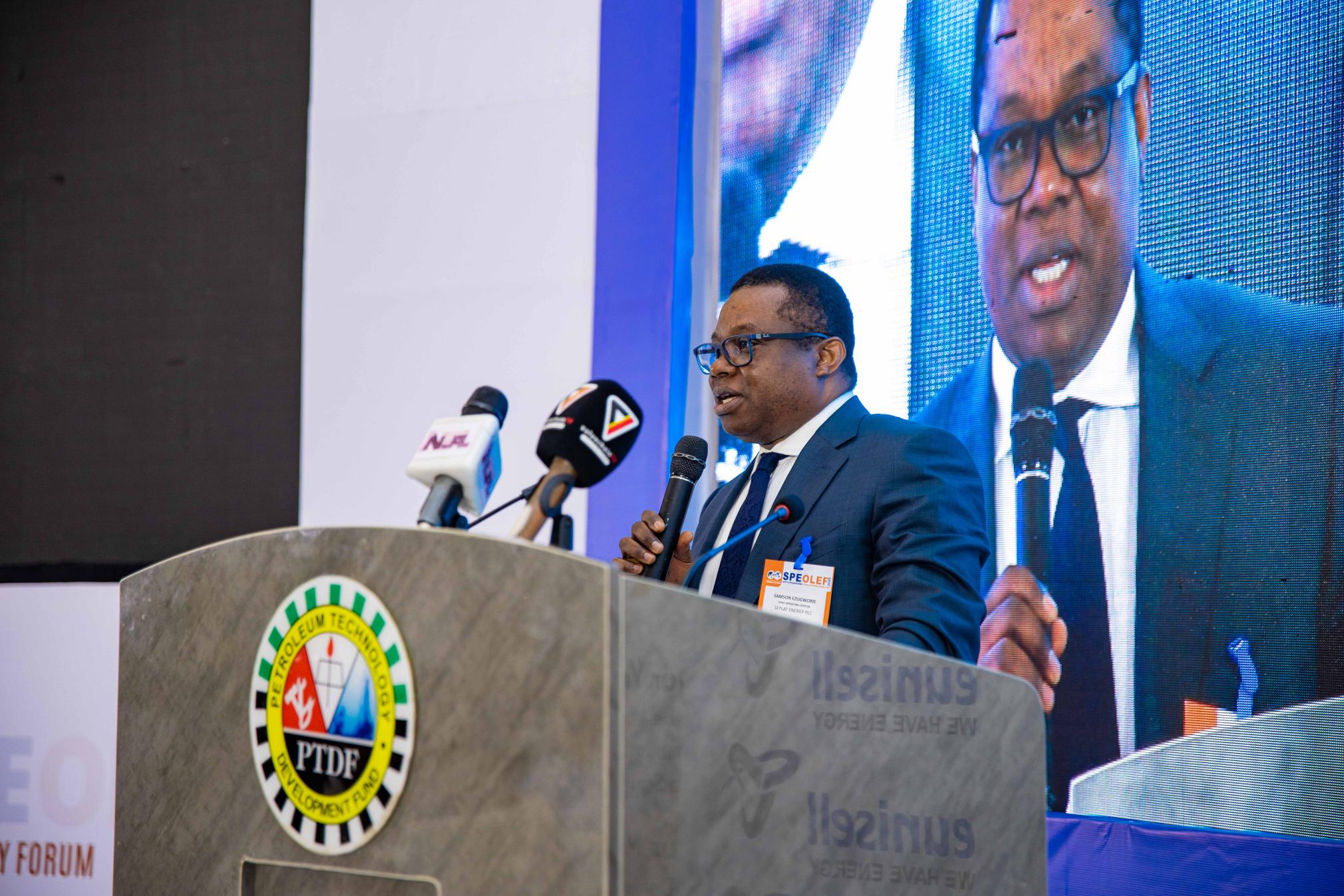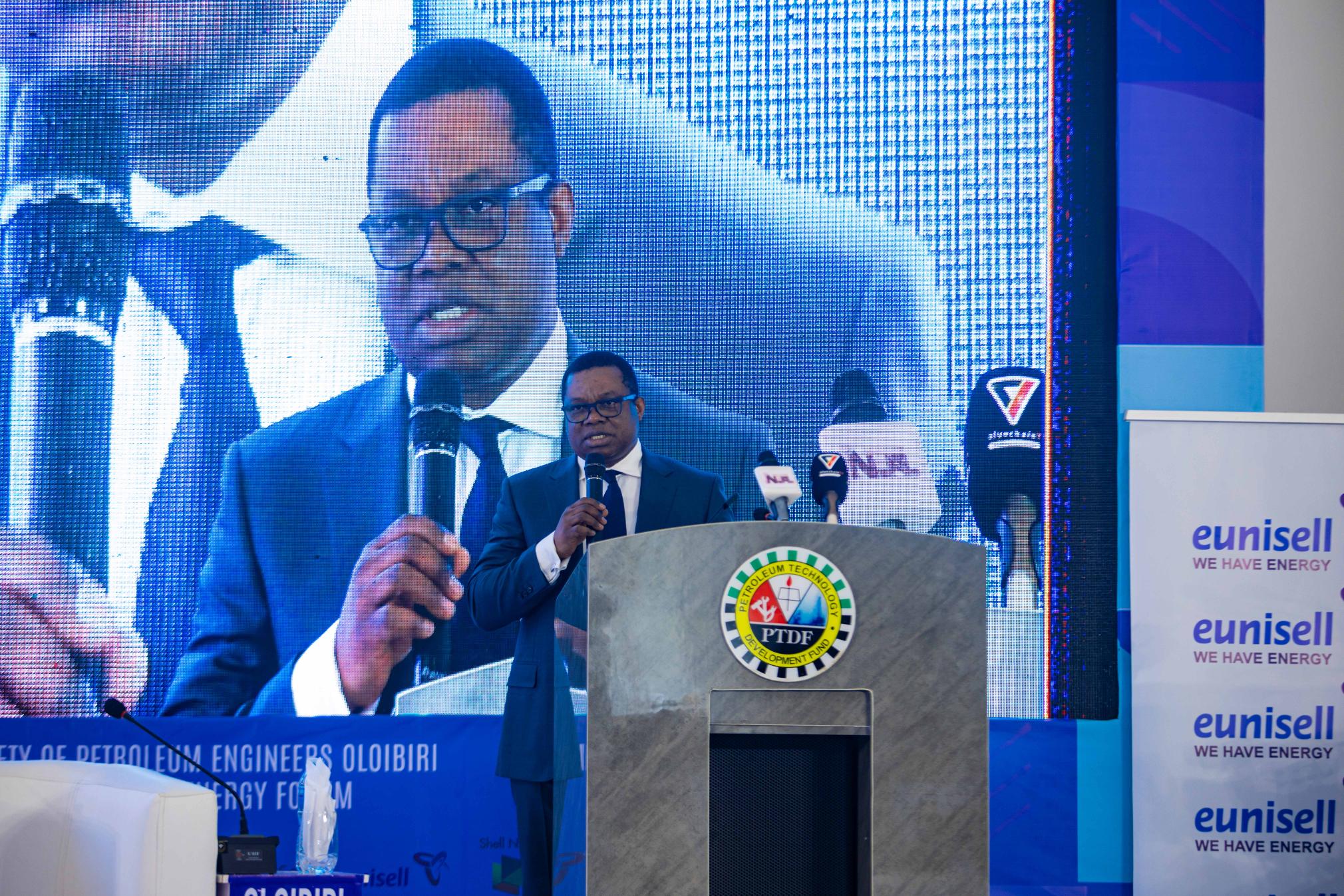Photo News







Seplat Energy Plc, leading Nigerian independent energy Company has restated its commitments to energy sustainability as it impacts people, environment and corporate governance, stressing that its focus is long-term with dividends accruable beyond today.
The Chief Operating Officer, Seplat Energy, Mr. Samson Ezugworie, stated this at the Society of Petroleum Engineers (SPE) Nigeria Council 2025 Oloibiri Lecture Series and Energy Forum (OLEF) held in Abuja recently.
Ezugworie, who spoke in the Forum’s panel session titled ‘Driving Energy Sustainability Through Technology, Policy, and Supply Chain Excellence’ maintained that business sustainability is about vision and building a future “you may not benefit from”.
He likened sustainability to the human race and many challenges that have confronted it; amongst which is energy poverty in Nigeria, which he stressed had limited the potential of the country and its people.
Speaking on Seplat Energy’s effort at addressing energy poverty in Nigeria, Ezugworie noted that over 850MMscfd of gas installations have been achieved in-country (excluding capacities from the recently acquired MPNU assets).
“Over the years, we have currently installed over 850MMscfd of gas geared towards supplying gas to domestic users in Nigeria. With the recent acquisition of the MPNU assets, we will now begin to explore and exploit other growth options. We are going to go into the mass gas reserves of that asset and still ensure that we use significant part of that to power Nigeria,” the Seplat Energy COO said.
He said the panel’s theme which hovers around energy sustainability, technology, policy and supply chains is centred around human beings and building the right capacities to drive growth and developmental progress. “Early this month at Seplat Energy, 50 young graduates just resumed for employment and they are undergoing diverse trainings at the moment. For us, this is capacity development; making sure that we have the funnel of talents that will replace us in due course. This is sustainability,” Ezugworie affirmed.
Highlighting what Seplat Energy had done in the deployment of technology in Nigeria’s gas space, the Seplat Energy COO said the Company’s various interventions were quite transformational. Seplat has implemented its end of routine flaring (EORF) roadmap, which includes investments across our production facilities to minimise Scope 1 & 2 greenhouse gas emissions and improve overall energy efficiency.
For instance, the first module of Seplat’s Sapele Integrated Gas Plant (SIGP) has commenced operations and is now producing. Once the plant is operating at capacity, expected during 2025, it has the potential to materially reduce the Group Scope 1 emissions. Other ongoing key flare-out projects, including the Western Asset Flares Out (installation of vapour recovery unit compressors), Sapele LPG Storage & Offloading Facility, Oben LPG Project and Ohaji Flares Out Project. The Company is on track to end routine flaring of gas across its onshore assets in 2H 2025.
Ezugworie also highlighted Seplat Energy’s strong commitment in deliver Corporate Social Investment initiatives in health, education and access to energy sustainably in Nigeria. Last year, 352 teachers were impacted in the 2024 edition of Seplat Teachers Empowerment Programme (STEP); 6,373 students impacted during the 2024 Pearls Quiz; 4 Science Technology Engineering Arts & Mathematics (STEAM) Labs equipped in 4 secondary schools; 9,780 impacted in the 2024 Eye Can See Programme; and Energy solutions delivered in 6 schools and 3 hospitals completed.